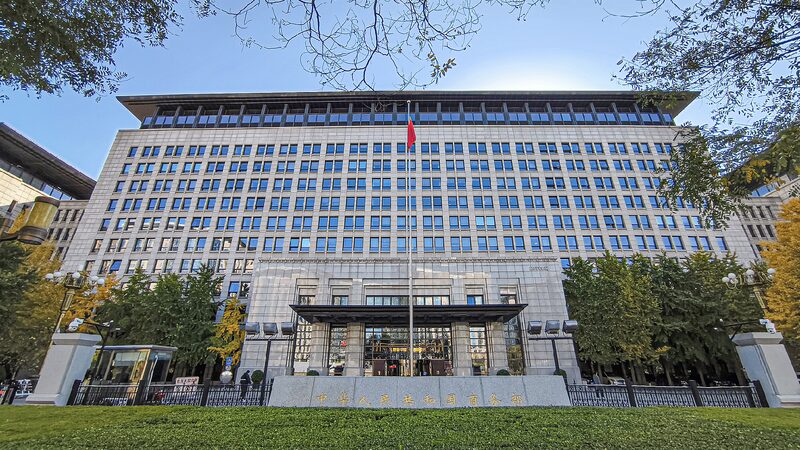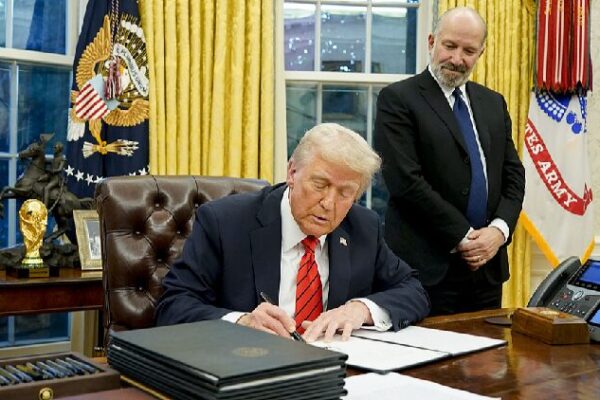Beijing, March 20 — The Ministry of Commerce of the People’s Republic of China announced on Saturday new tariffs on Canadian agricultural and food products, marking a significant escalation in trade tensions between the two nations.
The tariffs, which take effect on March 20, include a 100% levy on Canadian rapeseed oil, oil cakes, and pea imports, as well as a 25% duty on aquatic products and pork from Canada. The ministry stated that these measures are in direct response to Canada’s recent tariffs on Chinese electric vehicles (EVs), aluminum, and steel products.
“Canada’s unilateral tariffs on Chinese goods are discriminatory actions that disrupt normal trade and infringe upon the legitimate rights and interests of Chinese enterprises,” the ministry’s statement declared.
These developments come against the backdrop of a broader global trade dispute influenced by protectionist policies from the United States under President Donald Trump. Since taking office, President Trump has introduced a series of tariffs targeting numerous trading partners, aiming to pressure them into concessions. These actions have unsettled global markets and prompted swift retaliatory measures from affected countries.
Canada, aligning with U.S. policies, had imposed tariffs on Chinese products, which has now led to China’s retaliatory response. China’s stance is that tariffs imposed by both the U.S. and Canada are unilateral measures that violate World Trade Organization rules.
At a press conference on Friday, Chinese Foreign Minister Wang Yi urged the United States to reflect on its trade strategies. “China-U.S. economic and trade relations are mutually beneficial,” he emphasized. “Cooperation leads to mutual gains and win-win outcomes. If the U.S. continues to apply pressure, China will respond with firm countermeasures.”
Canada Faces Dilemma Amid Trade Disputes
The Chinese tariffs place Canada in a challenging position, as it grapples with trade friction not only with China but also with its largest trading partner, the United States. President Trump’s recent imposition of a 25% tariff on imports has sparked concern in Canada, prompting discussions on how to navigate these economic headwinds.
Canadian media outlets have urged the government to take decisive action. In an editorial, The Globe and Mail argued that Canada should stand firm against fluctuating U.S. trade policies and implement reciprocal measures to protect its own economic interests. The newspaper suggested that rather than engaging in prolonged negotiations, Canada should focus on strengthening trade alliances and adopting internal economic safeguards.
Economists warn that escalating tariffs could have global repercussions. At a recent conference of the National Association for Business Economics, analysts expressed concern that such trade policies could slow economic growth and increase consumer prices, potentially leading to economic stagnation.
As tensions rise, all eyes are on how Canada will respond to the dual pressures from the United States and China. The unfolding situation highlights the complexities of modern global trade and the challenges nations face in protecting their economic interests amid shifting international dynamics.
Reference(s):
China announces retaliatory tariffs on Canada amid broader trade war
cgtn.com








